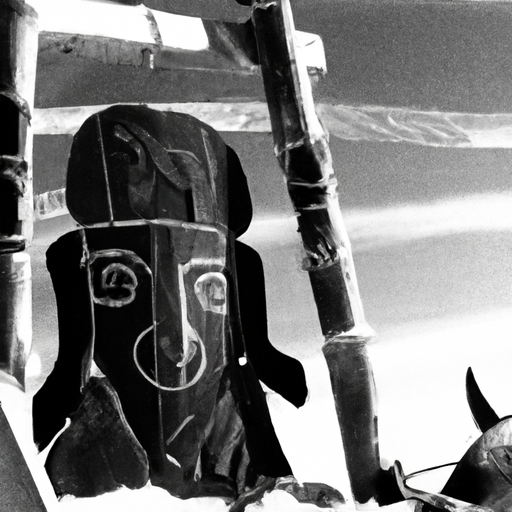The Unspoken Struggle of the Canadian Opioid Crisis: A Closer Look at the White Bear First Nation Tragedy
Canada, like many other countries worldwide, is deep in the grasp of an opioid crisis. This dire situation has and continues to create ripples of tragedy across the nation. In a heartbreaking illustration of the issue, a recent article from the Aboriginal Peoples Television Network (APTN) News reports of a man found dead on the White Bear First Nation, supposedly victim to an overdose.
An Overdose: A Tale Too Common
The loss of the man in question, though tragic, is unfortunately not an isolated incident. The opioid crisis has been steadily gnawing at the social fabric of Canada. It has been relentless and overwhelming. In some areas, it is an open secret, a haunting specter with a firm grip on the most vulnerable sections of the society.
Effects of the Opioid Crisis
Among the hardest-hit communities are the First Nations communities like the White Bear First Nation, where this most recent tragedy occured. The effects of the opioid crisis in these communities are already incredibly profound. A few key points highlighted by this incident include:
- Homelessness: The opioid crisis has been cited as a significant contributor to the escalating rates of homelessness among such communities.
- Crime: Often overlooked is the correlation between addiction and crime. The hopelessness and desperation that come with addiction can drive individuals to commit crimes.
- Death: The most tragic outcome of the opioid crisis. The rate at which individuals are losing their lives to opioid overdoses is alarmingly high and seemingly increasing.
Efforts Taken to Combat the Effects
In response to this deepening crisis, various efforts are being taken to combat it. Among the most significant of these efforts is the distribution of naloxone, a medication known to rapidly reverse opioid overdoses.
Additionally, the RCMP’s ongoing investigation into the tragedy at the White Bear First Nation is as much a part of the fight against the crisis as it is a quest for justice. Collectively, these efforts represent a beacon of hope amidst the prevalent despair. Yet, without better access to physical, mental and emotional support services, and more emphasis on prevention rather than response, the relentless cycle of the opioid crisis seems poised to continue.
Hope Among Desperation: The Ongoing Opioid Class Action
Adding another layer to the complexity of the opioid crisis is the ongoing opioid class action. The legal battle seeks to hold pharmaceutical companies accountable for the misleading marketing of opioids. As the opioid class action heats up, all eyes turn to the judicial system to see if justice will be served and help mend the broken social fabric.
To Sum Up
The opioid crisis has left a rather evident, destructive trail across Canada. Vulnerable communities such as the White Bear First Nation are often at the forefront, bearing the brunt of this crisis. The recent death due to an overdose, while tragic, uncovers harsh realities about the extent of the opioid epidemic in these communities. Ultimately, the battle against the opioid crisis requires collective effort, spanning from improved support services up to holding guilty pharmaceutical giants accountable in the opioid class action.
As a nation, however, we must never lose sight of the fact that every statistic, every case before the courts, is a life. We must fight to prevent further tragedies with all the resources we possess. We owe it to the memory of those we have lost and to the future of those still battling their addictions. The world is watching; let’s make a stand.


